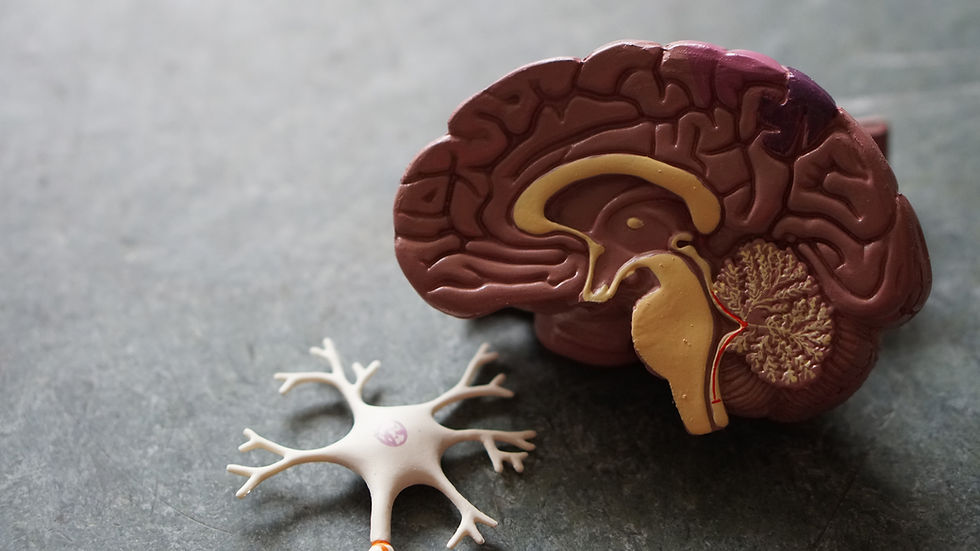Acupuncture For Dementia
- www.Acute-Acupuncture.com
- Sep 15, 2023
- 2 min read
Updated: Apr 19, 2024

Dementia is a complex disorder that affects millions of people around the world. Although there is no cure for dementia, there are various treatment options available, including acupuncture. Acupuncture has been used to treat a variety of medical conditions, including dementia, and has gained popularity in recent years as an alternative therapy.
Acupuncture is a form of traditional Chinese medicine that involves the insertion of fine needles into specific points around the body. These points are located along energy channels called meridians, which are believed to regulate energy flow in the body. Acupuncture is intended to balance the flow of energy and promote healing.
There has been increasing interest in the use of acupuncture for the treatment of dementia. Studies have shown that acupuncture may improve cognitive function, reduce agitation, and improve quality of life in individuals with dementia. In one study, a group of individuals with mild to moderate dementia was treated with acupuncture twice a week for 12 weeks. The results showed significant improvements in cognitive function and overall quality of life.
Another study examined the use of acupuncture to treat agitation in individuals with Alzheimer's disease. The study found that acupuncture reduced agitation and improved the quality of life in the participants, suggesting that it might be a valuable therapy for behavioral problems associated with dementia.
Acupuncture works to improve cognitive function in individuals with dementia, and it is believed that acupuncture may increase blood flow to the brain, reduce inflammation, and reduce oxidative stress, all of which are factors that contribute to cognitive decline in patients with dementia.
Acupuncture may be a helpful adjunct therapy for individuals with dementia. It is a non-invasive therapy with few side effects and may significantly improve cognitive function and quality of life. However, more research is needed to determine the optimal frequency and duration of acupuncture treatment and the efficacy of different acupuncture points. Collaborating with Acute Acupuncture and other healthcare providers and integrating acupuncture into a comprehensive treatment plan may offer additional benefits to patients and enhance their overall well-being. After treatments, one may feel relaxed, energized, and rejuvenated. Communicating with your practitioner about your experience is essential to ensure you receive the maximum benefits from these treatments. Click the button below and book a complementary 15-minute consultation at Acute Acupuncture, 163 The Terrace, Wellington Central, Wellington. Let's discuss if acupuncture is the right thing for you. Thank you for taking the time to read this Blog Post. Don't forget to like, subscribe, and share this post with others. If you have any questions or concerns, check out Acute-Acupuncture Wellington Frequently Asked Questions (FAQs), as we find this helps answer most people's questions. Please leave a comment below.



Commentaires